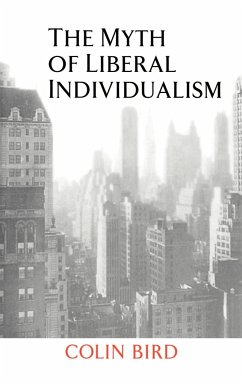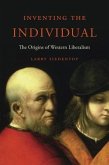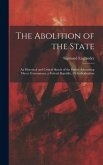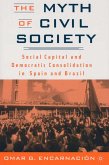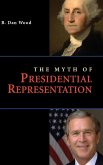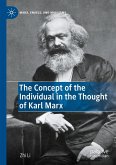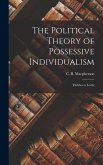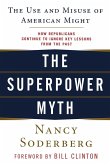This book challenges us to look at liberal political ideas in a new way. Colin Bird examines the assumption, held both by liberals and by their strongest critics, that the values and ideals of the liberal political tradition cohere around a distinctively 'individualist' conception of the relation between individuals, society and the state. He concludes that the formula of 'liberal individualism' conceals fundamental conflicts between liberal views of these relations, conflicts that neither liberals nor their critics have adequately recognized. His original and provocative study develops a powerful criticism of the libertarian forms of 'liberal individualism' which have recently risen to prominence, and suggests that by taking this term for granted, theorists have exaggerated the unity and integrity of liberal political ideals and limited our perception of the issues they raise.
Table of contents:
Introduction; 1. Individualism as a political ideal; 2. Individualism as a theory; 3. Public agency and conceptions of collectivity; 4. Individualist distributions of liberty; 5. Self-ownership and individual inviolability; 6. The myth of liberal individualism.
This powerful and original study challenges the traditional view that the ideas associated with the liberal political tradition cohere around an 'individualist' conception of the relation between individuals, society and the state, and argues that this conception has actually clouded our understanding of the issues involved.
This powerful and original study challenges the traditional 'individualist' definition of liberal political ideas.
Table of contents:
Introduction; 1. Individualism as a political ideal; 2. Individualism as a theory; 3. Public agency and conceptions of collectivity; 4. Individualist distributions of liberty; 5. Self-ownership and individual inviolability; 6. The myth of liberal individualism.
This powerful and original study challenges the traditional view that the ideas associated with the liberal political tradition cohere around an 'individualist' conception of the relation between individuals, society and the state, and argues that this conception has actually clouded our understanding of the issues involved.
This powerful and original study challenges the traditional 'individualist' definition of liberal political ideas.

